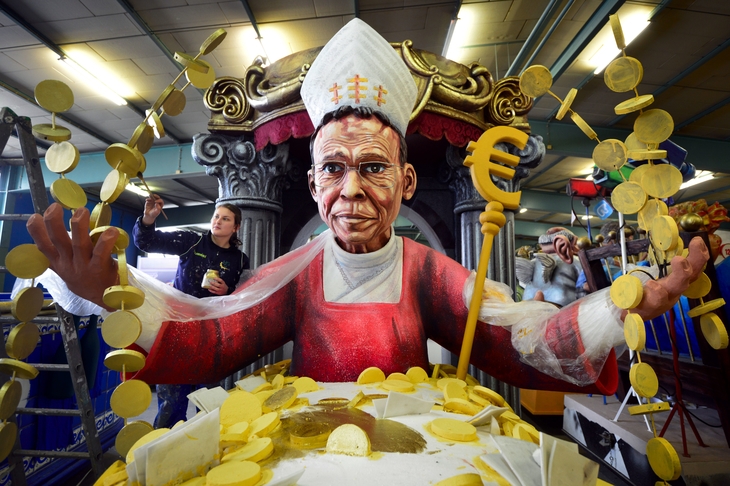According to the Times, a new academic study finds that nations become richer when they become more secular. It contests the traditional idea that a nation gets rich, probably with the help of Protestantism, and then loses interest in religion. Instead, a nation first becomes secular, then becomes rich. There might be some truth in this: the keenest capitalists are often rational individualists who idolise financial success. Enough such people can affect a nation’s economy.
But the study, judging from the Times’ report, explains the trend differently. The authors found ‘that a decrease in religious belief was linked to an increase in tolerance for individual rights, including of women and gay people and those who seek divorce or abortions. This may allow more people to play a full part in society.’
This seemingly obvious statement merits suspicion. Yes, in our society religious observance has decreased in the last fifty or sixty years, and ‘tolerance for individual rights’ has indeed increased. But is it safe to assume that the former causes the latter, that the decrease in religious belief enables the rise of tolerance for individual rights?
I think not. I think that our main religious tradition, of liberal Christianity, helped to give rise to the ethos of equality and human rights. This happened over centuries, but there are some glimpses of it in the sixties: a preacher (Martin Luther King) leading the campaign for racial equality, Anglican bishops backing the social reforms in this country. It also happened that our main religious tradition began to lose popularity around this time, but that does not prove an opposition between it and human rights.
Sure, some forms of religion stand in the way of individual rights. But our main religious tradition gave rise to them. The secular hunger for a simplistic narrative of bad old religion being replaced by nice secular tolerance is amazing.







Comments